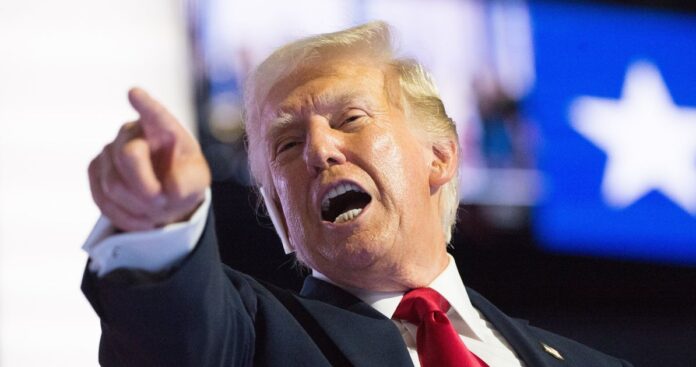Key Falsehoods or Claims:
The article does not explicitly list specific falsehoods or claims made by Donald Trump, but it does mention the “big lie” of election fraud and his continued refusal to accept the outcome of the 2020 presidential election. It also highlights his promotion of baseless conspiracy theories about the election being stolen from him.
Source Analysis:
The Philadelphia Inquirer is a reputable, mainstream news outlet. It is generally considered to be a neutral source, but like all media organizations, it may have its own editorial biases.
Analysis of Falsehoods’ Impact on Public Opinion and Democracy:
The perpetuation of the “big lie” and baseless conspiracy theories by Donald Trump has significantly shaped public opinion, particularly among his supporters. Polling data has shown that a substantial number of Republicans continue to falsely believe that the 2020 election was not legitimate. This erosion of trust in the electoral process poses a significant threat to our democracy by undermining public confidence in the fairness and integrity of our elections.
Potential Reactions and Outcomes:
The continued spread of falsehoods and conspiracy theories by Trump and his allies may lead to further polarization and division among the American public. It could also influence future voting behaviors, as those who believe in these falsehoods may be more inclined to support candidates who align with their conspiratorial views.
Further Reading Recommendations:
For further reading on the impact of misinformation and media influence on democracy, reputable sources such as The Atlantic, Harvard’s Shorenstein Center on Media, Politics and Public Policy, and the Pew Research Center offer in-depth analyses and studies on these topics.
It is crucial to remain vigilant in consuming and analyzing information, and to seek out diverse and credible sources to counteract the spread of falsehoods and conspiracy theories.
Source link
Redirect URL
